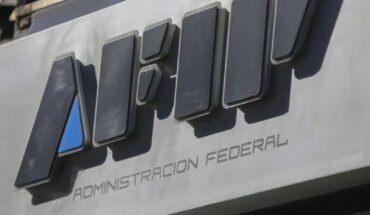The plenary session of the Chamber of Deputies generally and in particular approved the reform of the Hydrocarbons Law, promoted by President Andrés Manuel López Obrador.
This reform strengthens state control over the distribution and processing of hydrocarbons.
The opinion was adopted in particular during the early hours of Thursday by 271 votes in favour, 134 against and 8 abstentions.
The approved reforms are updated and regulated by law, “the minimum storage of petroleum, the refusal to comply in the procedure of processing permits, revocation of permits in case of repeated infringement in the breach of various applicable provisions on hydrocarbons and petroleum”.
The legal framework for fuel smuggling and suspension of permits “for imminent danger to national security, energy security or the national economy” is also strengthened.
Permit applicants would have to demonstrate, where required by another legal provision, the legally established storage capacity.
Likewise, the reform prevents a permit to carry out the activities of the energy sector for an agent who may not be qualified to do so by the mere course of time.
It raises the crime of smuggling hydrocarbons as a cause for revocation of permits issued by the Ministry of Energy (Sener) or the Energy Regulatory Commission (CRE).
Once approved by the Deputies, the opinion will be given to the Senate.
Reform changes
On the morning of Wednesday, the opinion was amended in committees in order to limit the power of the Sener and CRE to suspend permits granted to private for the processing, distribution and export of hydrocarbons.
Among the changes is that the Sener and cre will have to inform the dealer of the reasons why the permit would be withdrawn, for which it will have 15 days to submit items in their favor.
Since taking office López Obrador has been questioned by private initiative for proposed energy reforms.
Just in March, Congress approved López Obrador’s electricity reform that gives the Federal Electricity Commission a priority in power generation.
Several specialists have warned that these reforms are contrary to international commitments made by Mexico and the North American trade treaty, the T-MEC.
In the case of reform of the Electricity Industry Act, they point out that it is a setback as more expensive and polluting energy will be privileged.
With AFP information.
What we do at Animal Politics requires professional journalists, teamwork, dialogue with readers and something very important: independence. You can help us keep going. Be part of the team.
Subscribe to Animal Politics, receive benefits and support free journalism.#YoSoyAnimal
translated from Spanish: Deputies approve reform of the Hydrocarbons Act, proposed by AMLO
April 15, 2021 |





